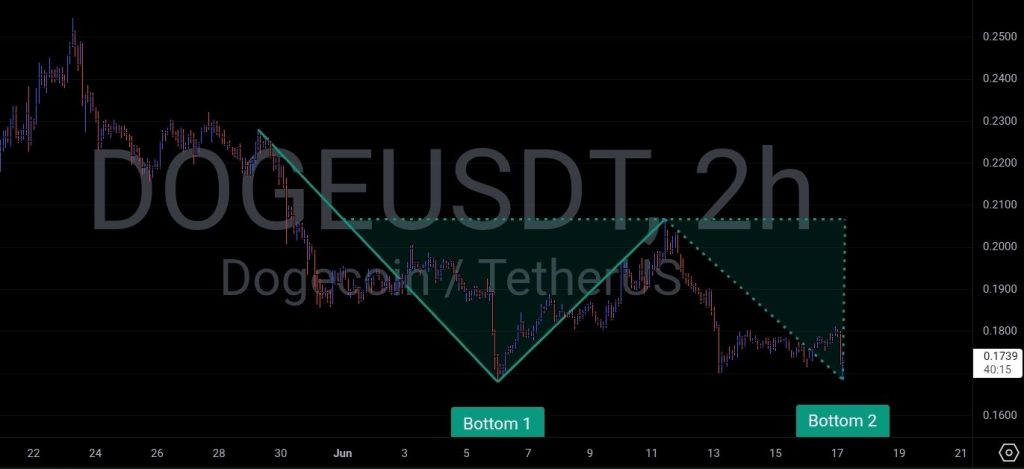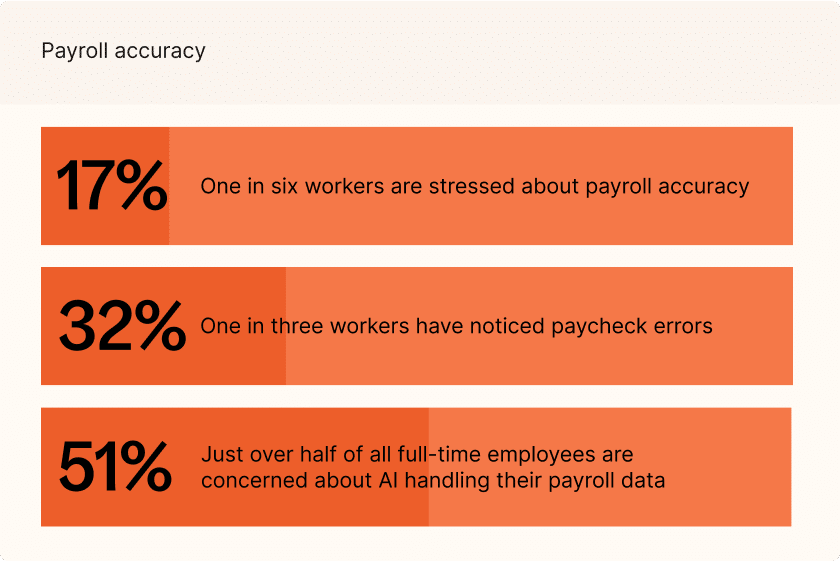AI’s Impact On Venture Capital And 5 Tips For Success
getty
AI stands as the bedrock for innovative products and services, shaping the visions of emerging founders determined to revolutionize future work processes across industries. This transformative technology, as highlighted by the Venture Capital Journal, extends beyond product development. It is reshaping the very fabric of venture fund management, influencing deal sourcing, investment underwriting, and talent tracking. Nevertheless, In the dynamic realm of venture capital, the heartbeat of innovation echoes through the ups and downs of funding trends. A recent report conducting by Mckinsey, identifies the economic potential of generative AI and after 50 years of technological evolution, the application of data analysis tools, machine learning, and large language models to create artificial intelligence tools is poised to revolutionize productivity across all industries and government. This transformative trend in technology, particularly focused on generative AI, is expected to usher in a new era in computing, with personalized AI driving mass adoption and creating countless applications globally say Eric Munson, Founder of Amit ventures.
Ernst & Young analyze the funding landscape of Q2 2023, a notable shift comes to light. Venture-backed companies secured $29.4 billion during this period, representing a dip from the substantial $44.4 billion raised in the preceding quarter, Q1 2023. The backdrop of economic uncertainty and subdued IPO activity continues to cast a shadow over the late-stage market. However, amid these challenges, a promising narrative unfolds for the startup economy. “The recent advancements and widespread acceptance of AI are exerting significant pressure on all companies, forcing them to reassess how it influences their competitiveness,” emphasizes Paul Melchiorre, the Operating Partner at Stripes. The latest quarter witnessed a significant pivot, with half of the venture capital deals dedicated to seed and series A funding rounds. This strategic realignment signals a focus on fostering early-stage innovation, underscoring the resilience and adaptability of the venture capital landscape in response to prevailing market dynamics. the recent advancements and widespread acceptance of AI are exerting significant pressure on all companies, forcing them to reassess how it influences their competitiveness.
In the ever-evolving landscape of venture capital, staying ahead of the curve is crucial for investors and entrepreneurs alike. As we navigate the dynamic intersections of technology and finance, one trend stands out prominently: the transformative impact of artificial intelligence (AI) on venture capital.
Qualitative Evaluation Beyond Just Numbers
Venture capitalists (VCs) are evolving in their approach, recognizing that successful investment decisions extend beyond mere quantitative metrics and financial figures. While financial performance and projections continue to be crucial, a recent Harvard Business Review emphasizes the growing indispensability of qualitative evaluations in the decision-making process for venture capitalists.
UnapologeTECH Media engaged in insightful conversations with Silicon Valley Saas veterans and long-term investors, exploring the intricacies of evaluating venture-backed investments. Adit Ventures founder Eric, possesses extensive leadership, strategy, and risk management experience, shaped by navigating the 1987 market crash. His notable track record includes early support for Palantir and a strategic role in Klarna’s valuation growth from $6 billion to an impressive $46 billion over five years. In Munson’s vision, Adit Ventures emerges as a formidable player with aspirations to exceed a billion dollars in assets over the next decade. The sustained success underscores the paramount significance of adept risk management in navigating the dynamic landscape of investments, reflecting the strategic foresight that venture capital firms prioritize.
Implementing a ten-step process that integrates both qualitative and quantitative measures, Eric focuses on key factors such as revenue growth, market penetration, scalability, and estimated future profitability. Qualitative aspects encompass management experience, the track record of backers/founders, overall business coherence, and its broader impact on clients, employees, and the community. This comprehensive approach reflects Eric Munson’s commitment to a nuanced and thorough evaluation process in the dynamic landscape of venture capital.
Qualitative Aspects Venture Capital Consider
In refining their investment strategies, venture capitalists meticulously assess various qualitative aspects. Offering valuable insights into effective investment criteria, Paul Melchiorre, Operating Partner at Stripes Venture Capital firm, author of Selling the Cloud,, and early-stage investor in the publicly traded Monday.com, emphasizes, “As an investor, the criteria typically revolve around the metrics of the company: How fast are they growing? What market segment are they targeting? Do they possess an exceptional product with a true product-market fit? What does the team look like? Can they effectively scale the organization? In any growth stage investment, can we achieve a 3 to 5x return?” These pivotal considerations underscore the intricate evaluation process crucial for successful investment decisions, complemented by additional factors detailed below.
VCs now prioritize not just the business idea but also the founders and team steering the venture. Key indicators, such as team experience, cohesion, resilience, and adaptability, weigh heavily in assessing a startup’s potential success.
Market Understanding Startups that exhibit a profound understanding of their target market, including customer needs, a clear value proposition, and a strategy for navigating market dynamics, stand out. Finding from Mckinsey showcase that those capable of articulating a compelling narrative about their market and role within it are more likely to attract investment.
Innovation and Differentiation VCs focus on a startup’s innovation quotient and its ability to stand out in a crowded market. Understanding how a company’s product or service differentiates itself—whether through technological advancements, unique features, or a novel problem-solving approach—is key.
Scalability and Growth Potential: VCs are attracted to startups with not only a solid business model but also a clear path to scalability. Qualitatively assessing growth potential involves evaluating market position, the competitive landscape, and the scalability of operations.
Corporate Culture and Values: Investors increasingly weigh the culture and values of the companies they invest in. A strong alignment between a startup’s values and those of potential investors contributes to a more harmonious and successful partnership.
Customer Feedback and Relationships: Qualitative evaluations include gauging customer satisfaction, obtaining feedback, and understanding the strength of customer relationships. Positive customer experiences and robust relationships are indicative of long-term success.
Adaptability and Resilience: VCs assess a startup’s ability to adapt to changing circumstances and bounce back from setbacks, considering resilience a crucial factor in weathering challenges and sustaining long-term success.
Regulatory and Ethical Considerations: Beyond financial risks, VCs focus on regulatory and ethical considerations. Startups demonstrating a commitment to compliance, ethical practices, and a proactive approach to regulatory challenges are viewed more favorably.
5 Tips For Securing Venture Capital
Embarking on the journey of securing venture capital can be a formidable challenge for today’s founders, given the current market conditions. Mere inclusion of AI in your pitch deck won’t guarantee the desired valuation says, Paul M. Securing venture capital in an unpredictable and tight economy can be challenging, but it’s not impossible.
Here are five pivotal tips, emphasizing the importance of crafting an exceptional product, strategic planning, and team execution to instill investor confidence in achieving a 3 to 5X return.
- Focus on Essential Value: In uncertain economic times, investors are often more risk-averse. Clearly articulate how your product or service provides essential value, especially in challenging economic conditions. Demonstrate how your solution addresses a critical need or pain point that is unlikely to be significantly affected by economic fluctuations. Emphasize the resilience and adaptability of your business model.
- Conservative Financial Projections: When presenting financial projections, be conservative and realistic. Investors may be more cautious during economic uncertainty, so it’s essential to show that you’ve considered potential challenges and have contingency plans in place. Highlight your ability to manage costs effectively and maintain financial stability even in adverse economic conditions.
- Operational Efficiency: Demonstrate a focus on operational efficiency. Investors are likely to appreciate companies that can achieve their goals with fewer resources. Showcase how your team is resourceful and capable of optimizing operations. This can include strategies for cost reduction, efficient use of technology, and streamlining processes to maximize productivity.
- Diversify Funding Sources: In a tight funding environment, explore alternative funding sources beyond traditional venture capital. This could include government grants, strategic partnerships, crowdfunding, or debt financing. Diversifying your funding sources not only reduces dependence on a single channel but also shows investors that you are resourceful and adaptable to different financial environments.
- Communicate Agility and Adaptability: In uncertain economies, the ability to pivot and adapt quickly to changing circumstances becomes crucial. Clearly communicate your company’s agility and ability to navigate challenges. Showcase instances where your team has successfully adjusted strategies based on market shifts. This not only reassures investors but also demonstrates that your company is well-positioned to weather economic uncertainties.
In conclusion, founders seeking funding, it is imperative to focus on what sets your business apart and makes it essential to your core customers says Eric Munson. Prioritize building a business for the long term, anchored in values that resonate with you, your customers, employees, and the community. Strive to deliver an exceptional product, service, or solution that addresses a genuine need or problem, as this commitment to creative innovation is a hallmark of world-class companies. By staying true to these principles, you position your business for sustained success and positive impact.
Remember to stay transparent with potential investors about the challenges and risks associated with the economic conditions. Proactively address concerns and showcase how your company’s strengths align with the current economic landscape. Building trust and confidence is key in securing venture capital, especially in unpredictable economies.
Credit: Source link











